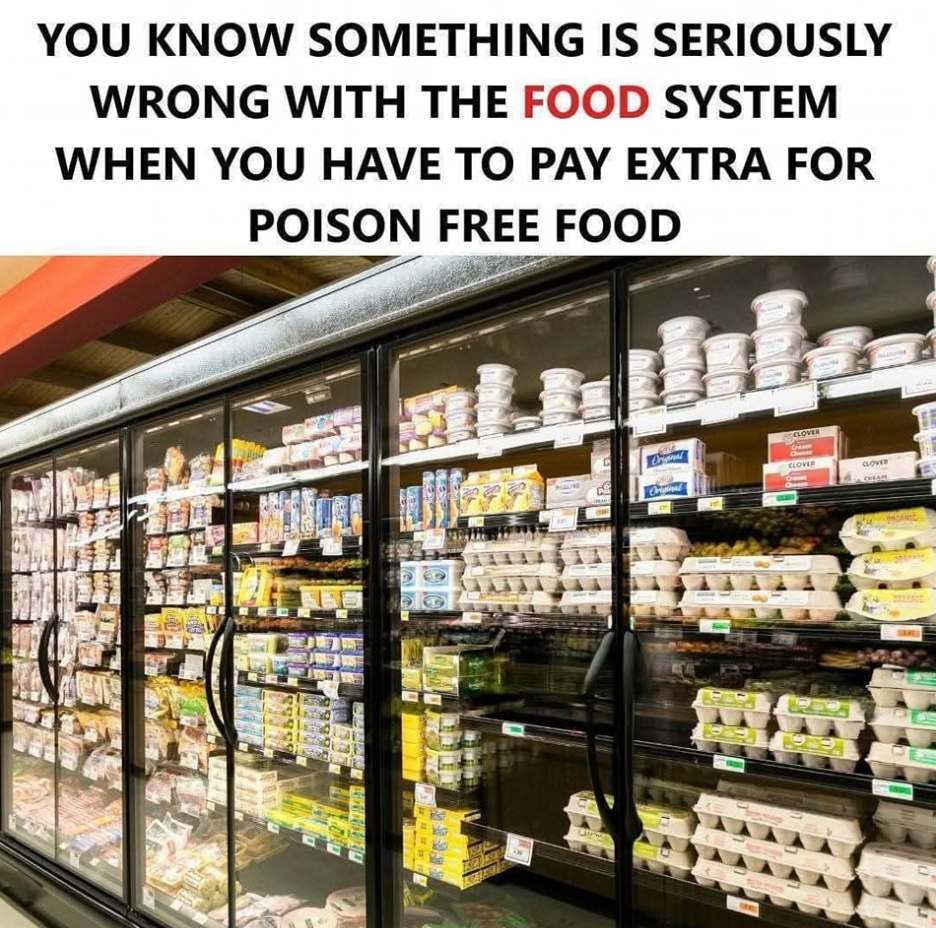-
1 cup organic baby spinach (pesticide-free)
-
1/2 cup shredded organic carrots
-
1/2 cup thinly sliced organic cucumbers
-
1/4 cup red cabbage, finely chopped
-
1/2 ripe avocado, cubed
-
Juice of 1 organic lemon
-
1 tbsp extra virgin olive oil (cold-pressed)
-
A pinch of Himalayan salt
-
Fresh cracked black pepper, to taste
-
Optional: 1 tbsp sunflower or pumpkin seeds (organic)
Preparation:
-
Wash all vegetables thoroughly, even if organic.
-
Combine spinach, carrots, cucumbers, red cabbage, and avocado in a large bowl.
-
Drizzle with olive oil and lemon juice.
-
Sprinkle with salt, pepper, and seeds if using.
-
Toss lightly and serve immediately.
Serving and Storage Tips:
-
Serve immediately for maximum freshness and nutrient retention.
-
If preparing in advance, store the veggies (undressed) in an airtight container in the fridge for up to 2 days.
-
Add dressing only right before serving to prevent sogginess.
-
For meal prep, keep avocado separate until ready to eat.
Variants:
-
Add protein: Toss in organic chickpeas, lentils, or grilled tofu.
-
Change the greens: Use arugula, kale, or romaine depending on what’s in season.
-
Boost flavor: Add fresh herbs like dill, parsley, or basil.
-
Make it heartier: Top with a soft-boiled organic egg or quinoa.
FAQ:
Q1: Why is organic food more expensive?
Because it’s grown without synthetic pesticides, herbicides, or fertilizers, organic farming relies on more labor-intensive practices and stricter certifications. Ironically, the hidden cost of conventional food is paid through environmental damage and long-term health risks.
Q2: Is organic always 100% pesticide-free?
Not entirely—organic farming may use natural pest control methods, but these are regulated and far less harmful than synthetic chemicals used in conventional farming.
Q3: Can washing produce remove all pesticides?
Washing reduces surface pesticide residues but doesn’t remove chemicals absorbed into the food during growth. That’s why organic remains the safer choice when possible.
Q4: What are some affordable organic options?
Focus on the “Dirty Dozen” list—foods most likely to carry pesticide residues—and buy those organic. Things like spinach, apples, and strawberries top the list.
Q5: How can I start eating cleaner on a budget?
Buy seasonal produce, join local co-ops, grow herbs at home, and cook more from scratch. Clean eating doesn’t need to be expensive—it just requires awareness.
